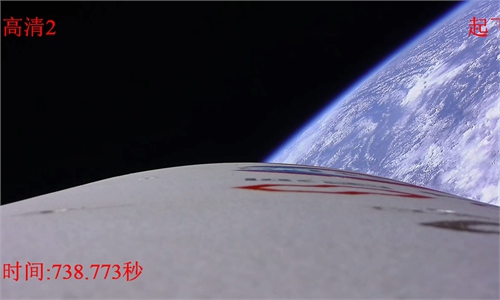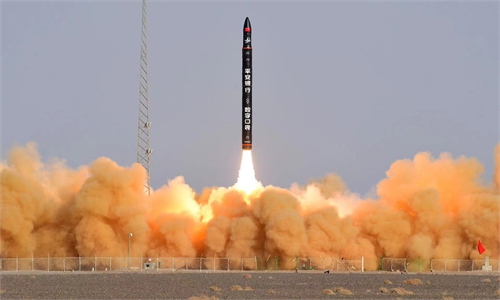Chinese tech start-up sends bio-payload to space, a bold and steady step to build its own space lab
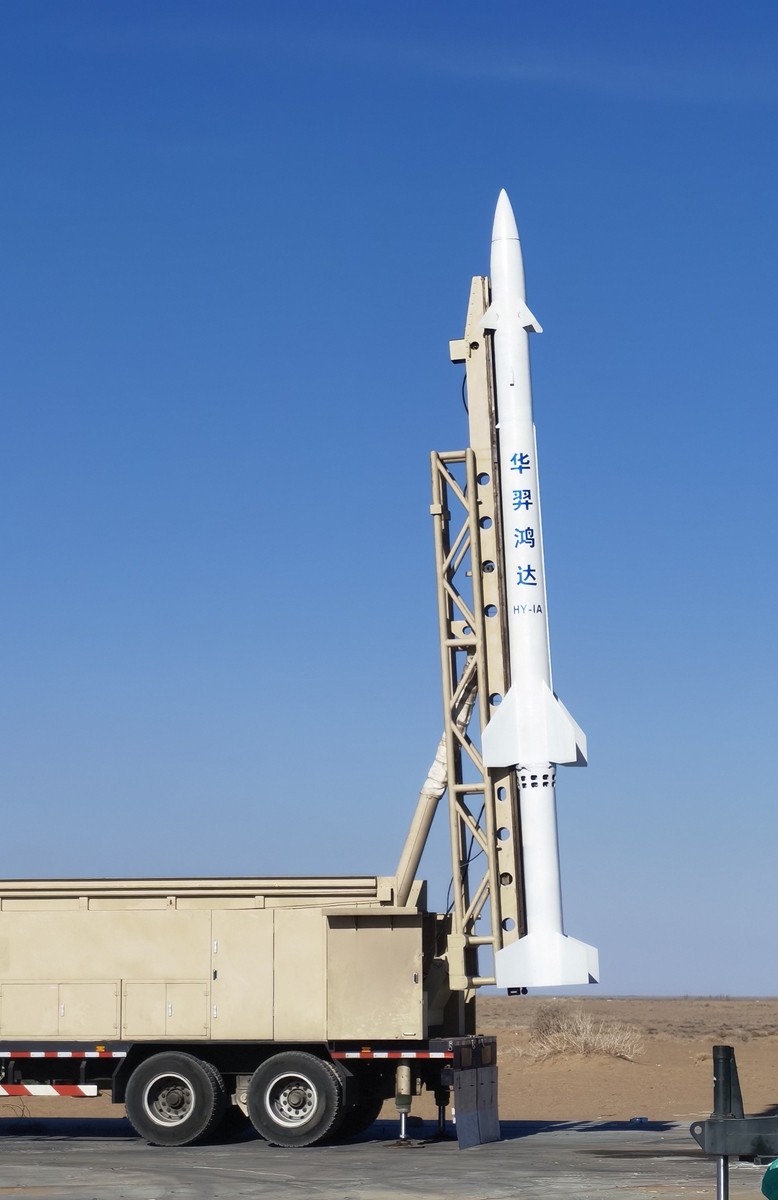
Photo: courtesy of Rocket Pi
With 2021, the most ambitious and fruitful year in China's aerospace history drawing to an end, the country has seen yet another major progress in its commercial aerospace sector with the successful launch of the HY-1 sub-orbital rocket on Friday, sending China's first biological payload developed by a private Chinese company, Sparkle-1, to an altitude of 250 kilometers above Earth.
The payload will verify the biological experiment devices in a microgravity environment in space, with the aim of providing an R&D platform for near-Earth life science research, space biomedical research, and biotechnology experiments, Rocket Pi, the payload's developer, told the Global Times on Friday.
With the help of cloud computing and Artificial Intelligence, Sparkle-1 will establish a preliminary framework for cell's in-orbit counting and identification detection during the mission.
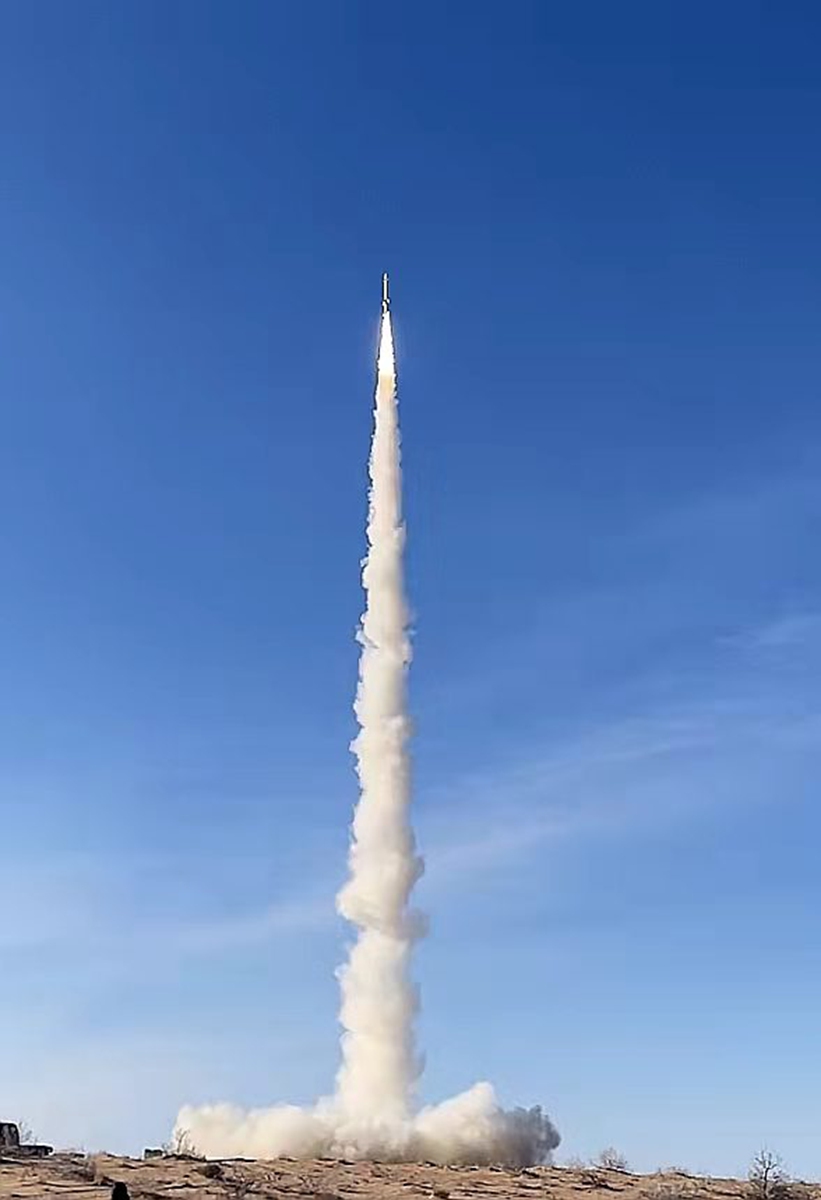
Photo: courtesy of Rocket Pi
As China has ushered in the era of self-developed space stations, microgravity-related studies including pharmaceuticals, biotechnology, and materials science, are about to enter a disruptive phase with the presentation of such a historical opportunity," Zhuang Fengyuan, an academician at the International Academy of Astronautics, told the Global Times.
"A microgravity environment can significantly shorten the development cycle of new drugs and vaccines, and accelerate the development process of protein crystals and new materials, which are both of scientific value and have huge commercial benefits," noted Zhuang.
According to Cheng Wei, Rocket Pi's founder, the firm also plans to launch its first liquid-fuel carrier rocket codenamed Darwin-1 in 2023, which will be 24.1 meters high with a 2.25-meter diameter, and a launch weight of 42.52 tons, capable of sending a payload of 270 kilograms into Low Earth Orbit and 150 kilogram payload into a sun-synchronous orbit.
Friday's launch serves as a preparation stage for the building of its own space biology lab after 2025, which will be used for conducting studies relating to changes in human's vital signs in space, while also planning to load a self-generating life support system onboard its lab to study the feasibility of long-term human trips to the Moon, Mars or other extraterrestrial bodies.
The launch vehicle for this mission, the HY-1 sub-orbital rocket with a length of 9.1 meters and diameter of 0.45 meters, is developed by Huayi Spacetime Explorer Technology Co., a mixed ownership company from Northwest China's Shaanxi Province that was only founded in September, and it only took three months for their first rocket to debut and succeeded.
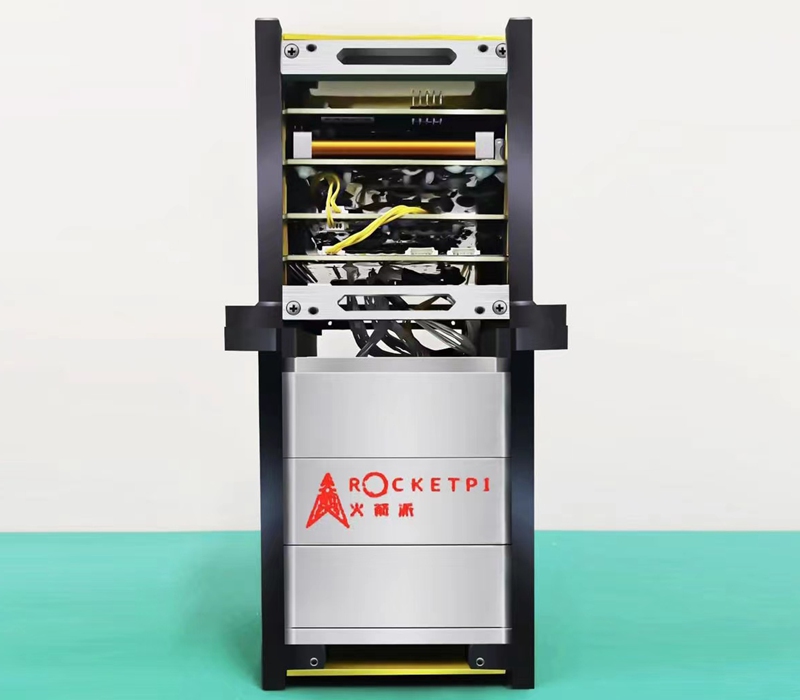
Photo: courtesy of Rocket Pi
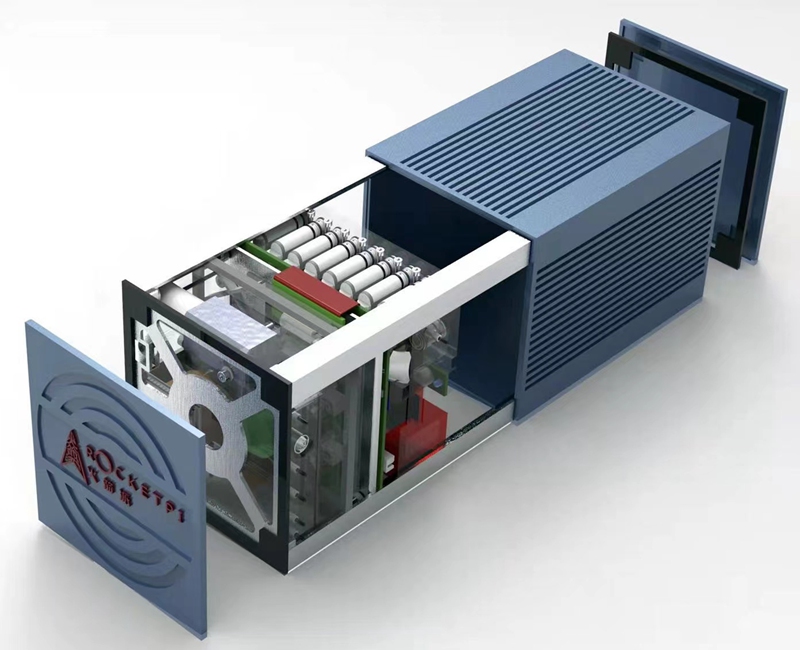
Photo: courtesy of Rocket Pi
The rocket combines mature rocket design technologies with new ideas, such as the integration of an overall control system that allows for more payloads onboard, and a strengthened attitude control capability.
A spokesperson of the firm said that their team has been exploring foreign markets and seeking R&D cooperation with countries along the Belt & Road, as well as European countries.
"Although China's commercial space sector is still at an early development stage compared with industry giants from other countries such as those run by Elon Musk, it has its own advantages," the spokesperson told the Global Times on Friday.
"Many of our engineers come from key national space projects and have accumulated rich experiences, which gives us a head start in technology buildup and innovation," the spokesperson said, "but more importantly, our founders of private space firms bear the space dream and the right spirits."
